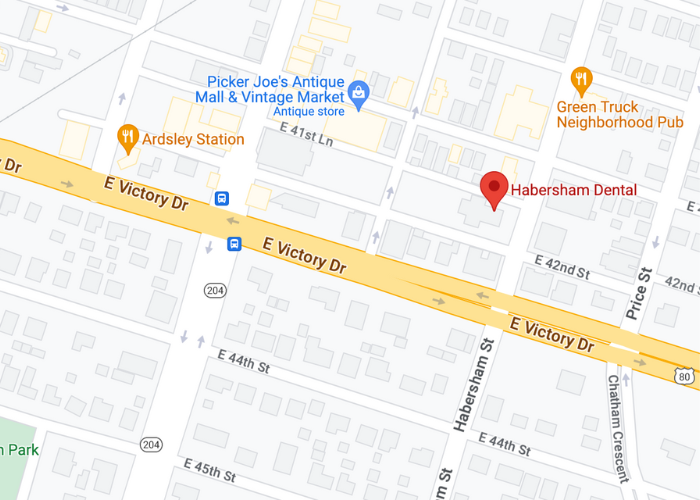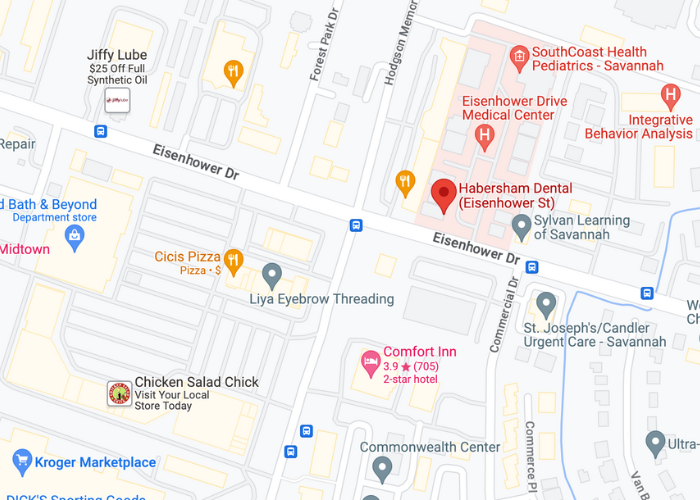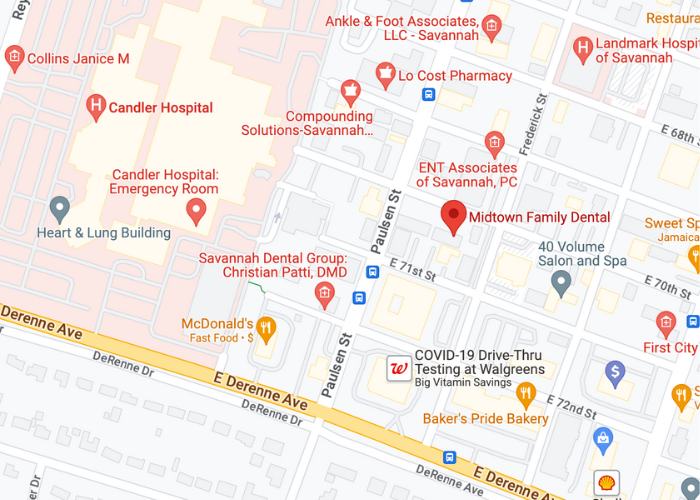Honesty. Quality. High-Level Care.
Modern Dental Practices Centered Around You.
Preventative Care
General dentistry, often referred to as preventive dentistry, offers a comprehensive range of services and treatments aimed at enhancing and maintaining your oral health. Beyond routine dental check-ups and maintenance, preventive care at Habersham Dental includes a wide spectrum of services, including sedation dentistry, fillings, and more. Explore each option below.

Restorative Dentistry
Repairing or restoring damaged teeth, through restorative dentistry, allows for a healthy and functional mouth. Services and procedures in this category include implants, dentures, root canals, and more. Explore each service below.

Cosmetic Dentistry
If you are suffering from crooked teeth, misshapen teeth, misaligned teeth, excessive gaps, crowding or noticeable discoloration, cosmetic dentistry treatments can help. These procedures are specifically designed to improve your smile so you can confidently show your teeth to others. Cosmetic dentistry provides fast and effective results with minimal discomfort. There is no lengthy recovery period, and your teeth will be dramatically improved.

Specialty Services
While we pride ourselves on being experts on almost any type of dentistry our patients need, we have become known in the local community for a few dental areas, including dental implants, oral surgery, sedation dentistry, dental veneers, and root canals. Learn more about our dental specialties below.

Skilled. Modern. Dental Services.
At Habersham Dental, we combine the latest technology with compassionate care to create the best experience for every patient. We are committed to providing outstanding service, whether you need preventative, restorative, or cosmetic care. We are proud to offer affordable dental care for families across Savannah, GA. Request your next appointment, today!













